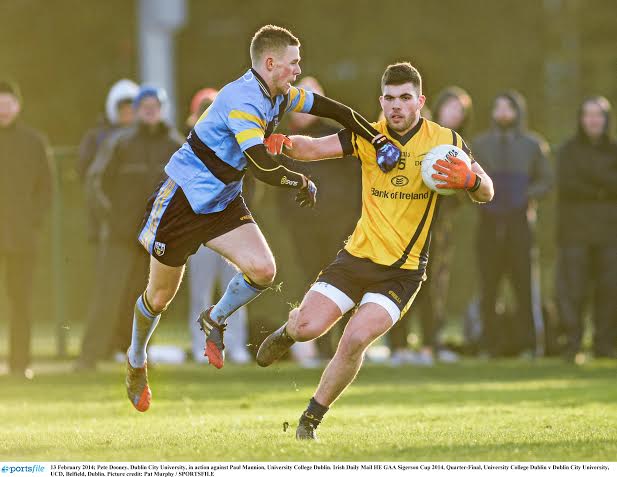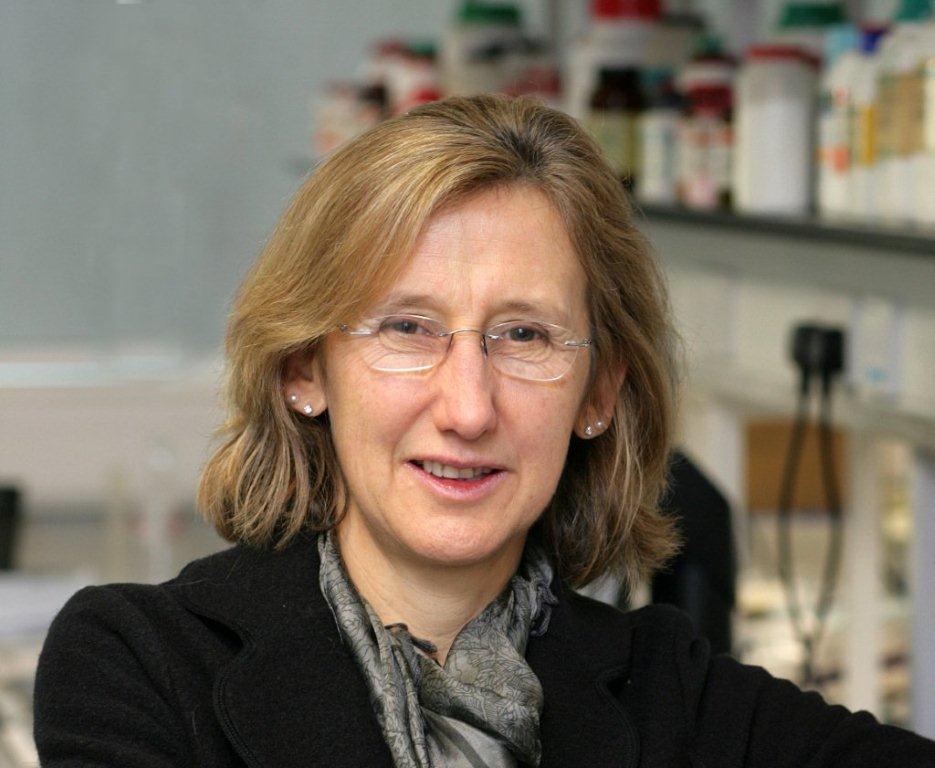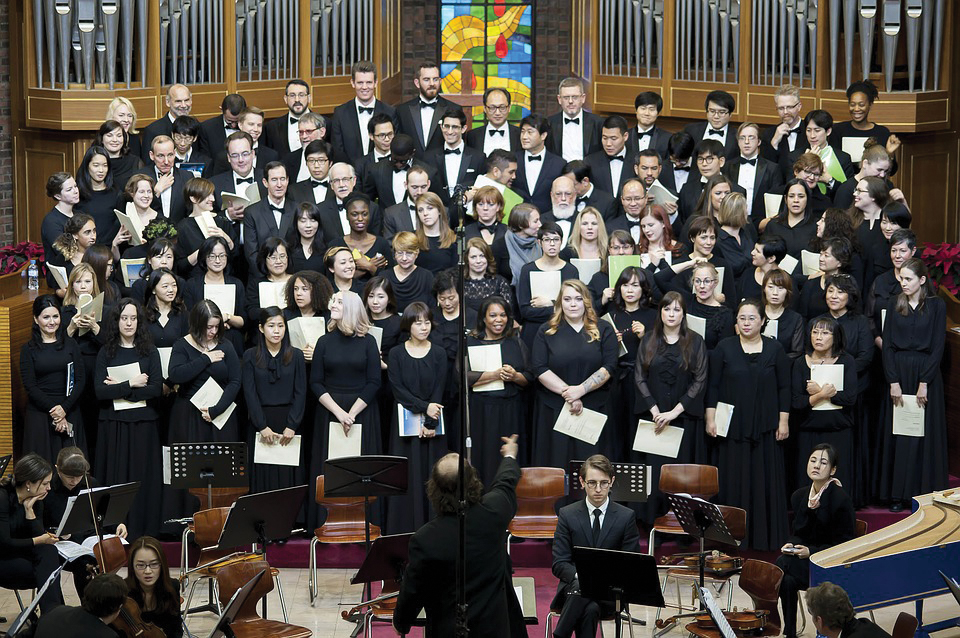
[dropcap]G[/dropcap]wyneth Paltrow. Angelina Jolie. Cara Delevingne. While this may seem like a list of the world’s favourite female celebrities, it’s also a list of just some of the celebrities to come forward with allegations of sexual abuse against producer Harvey Weinstein.
Almost 50 well known faces have come forward with similar stories about Weinstein, and now members of the public are sharing their personal stories too under the hashtag ‘#MeToo’. What started as actresses and film industry professionals posting about their uncomfortable experiences with the movie producer has led to thousands of ordinary women coming out with tales of sexual abuse.
A quick search of #MeToo on Instagram brings up over 530,000 public posts from women all over the world. Groping in clubs, inappropriate gestures from colleagues and a lack of consent are just some of the topics women are covering on social media.
However, is posting on social media helping any of the victims in the long term? Unfortunately, sharing a story on social media won’t bring justice for many victims. It won’t put anyone in jail, and statistics show that most reported cases don’t even go to trial.
Reporting a sexual assault crime isn’t easy. Once a victim has made a statement to the Gardaí and undergone a forensic medical examination, the Gardaí will interview the accused, if their identity is even known. For some, that could be impossible, as statistics from Dublin Rape Crisis Centre (DRCC) show that 29 per cent of callers were assaulted by strangers.
According to the DRCC, over 77 per cent of their callers last year were female. 12,388 people contacted their helpline in 2016. However, out of 294 known cases of reported sexual assault, only 84 cases were reported to the Gardaí. Shockingly, only 3 out of 36 cases went to trial, with the majority still pending charge.
While the hashtag may not lead to any convictions, one thing it does is spread awareness of the issue and help victims feel less alone. With over 30 thousand followers on Instagram, vegan food and lifestyle blogger Aisling Tuck of ‘OhHappyVeggie’ was one of the many Irish women to share a #MeToo story.
“I saw some people I look up to share their stories online, and it pushed me to be brave and open up about my own experiences. Not for sympathy, but to stand in solidarity with other women across the world in the hopes of highlighting the magnitude of the problem of violence against women,” Tuck said.
Listing off and describing what happened can help victims move forward and take away the shame stigma in Ireland, according to Tuck. “This is not just happening in Hollywood, it’s happening everywhere. Staying silent gives the wrong people power.”
A hashtag may not put abusers behind bars. It may flood people’s newsfeeds with similar stories. But it also creates a link between those affected by sexual assault and demonstrates that something needs to be done about the situation. Social media may have its downfalls, but this is one hashtag worth sharing.
Rachel Farrell
Image Credit: The Spectator



